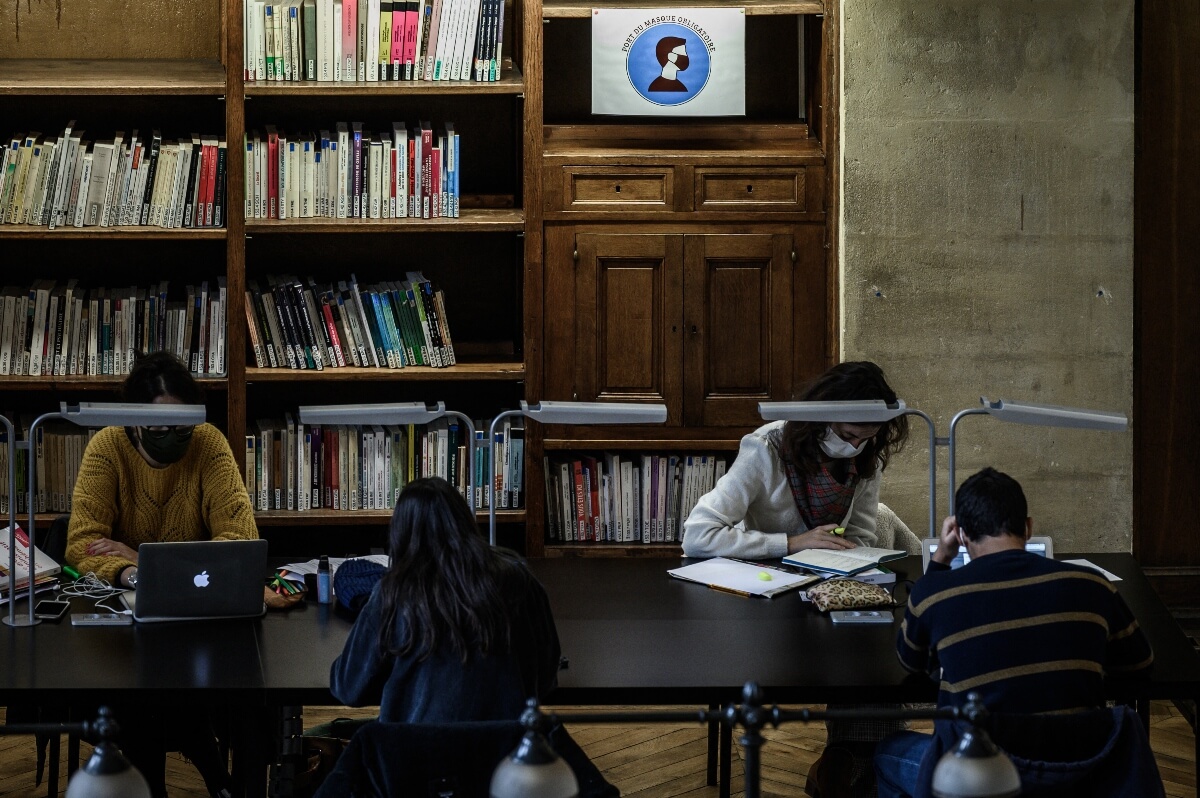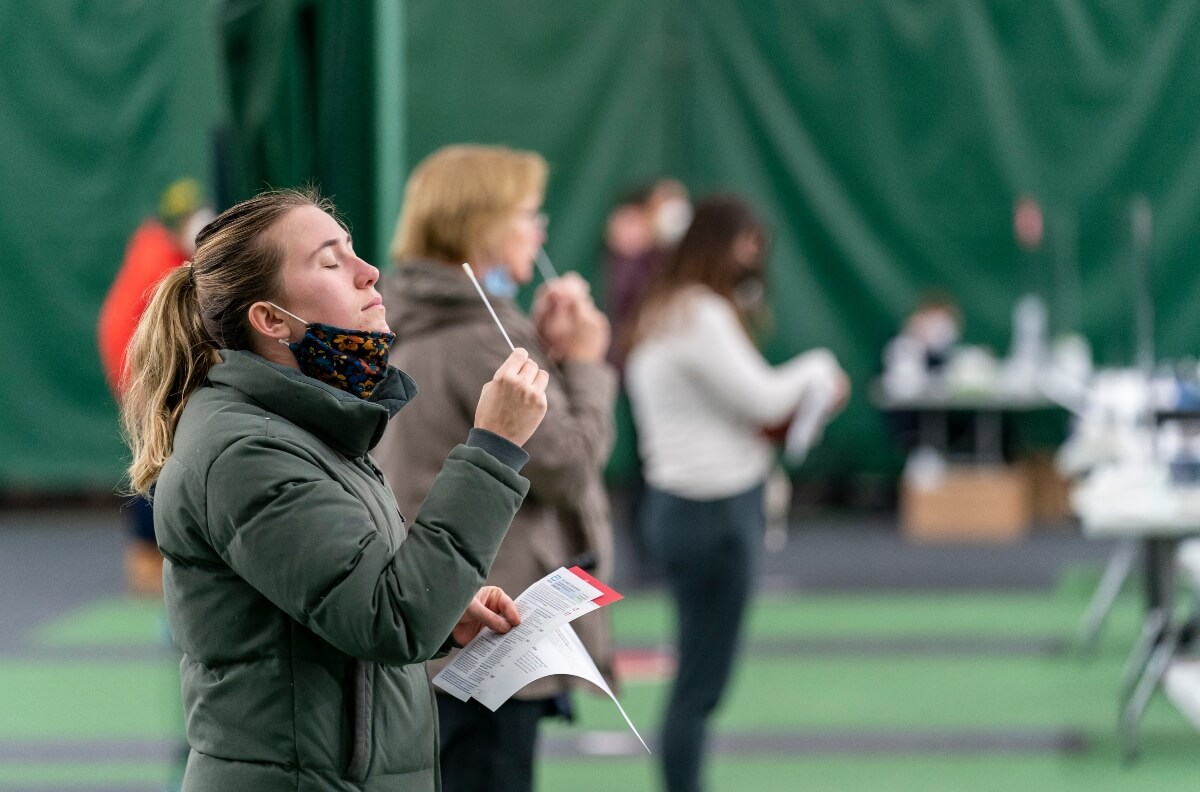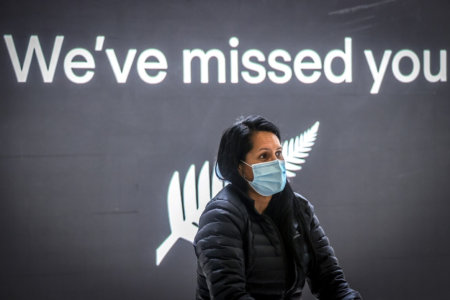
Almost a year ago, the world was blighted by COVID-19. Within the higher education realm, universities scrambled to shift to online learning with little to no preparation. Institutions that relied on international students as a major revenue source were left reeling when visa centres and borders closed. What will the future of higher education look like next?
One education pundit believes that universities worldwide will have a cocktail of issues that they will need to reassess if they plan to thrive as they did during the pre-pandemic halcyon days. From health and safety protocols to the growing relevance of gap years, these are issues they will have to grapple with.
There’s no blueprint for future higher education success amid COVID-19, but how the pandemic plays out will continue to shape the way universities respond, strategise and operate. In capturing the COVID-19 zeitgeist, higher education consultant Marguerite Dennis has some ideas about what could pan out in universities worldwide in this academic year and next.
Will short courses reign supreme in the future of higher education?

Short courses are are less expensive and time consuming than traditional degree programmes. Could they grow in importance in the future of higher education? Source: Philippe Lopez/AFP
Universities may be forced to change the way they operate to thrive in a post-pandemic world. This includes admitting students throughout the year, offering courses in person or online throughout the year, and connecting with students before acceptance, during enrolment, and after graduation. Dennis also expects more collaboration instead of competition among higher education institutions.
The demand for short courses is also expected to grow. “Numerous surveys and studies have revealed that since the outbreak of the pandemic, the attitudes of high school and college students have changed,” Dennis, a seasoned international student recruitment specialist with over 25 years of experience under her belt, told Study International. “A greater percentage of students are questioning the value of a college degree, the time it takes to get a degree, and the cost of the degree.”
Companies including tech titans Google, Microsoft and IBM have created short courses and boot camps that are less expensive and time-consuming than traditional degrees, and more focused on acquiring skills that can be used to secure a good-paying job. “My vision for the future of higher education includes a learning environment that is more accessible to a greater number of students, and that means adding alternative educational providers offering relevant, short-term, skills-based courses,” she said.
Implementation of digital health passports

Robust health protocols will be important in the future of higher education institutions. Source: Andy Manis/Getty Images North America/Getty Images via AFP
Digital health passports have been bandied around by many countries to prevent the spread of COVID-19. “It is my hope that digital health passports will be adopted worldwide. I think this should be required of all travellers, not just international students,” said Dennis, who also believes higher education institutions will need to look more closely into establishing robust health protocols to attract students.
“Students will always seek a college or university that best meets their academic, financial and future employment needs. Students will also seek colleges and universities with well-established health protocols and a proven track record for putting students’ needs first. Finally, students will enrol in schools with robust career counselling, internships, and lifelong learning opportunities,” she said. Ultimately, colleges and universities that don’t want to be held captive by COVID-19 will need to reassess how they will continue to add value to students in a post-pandemic world.










